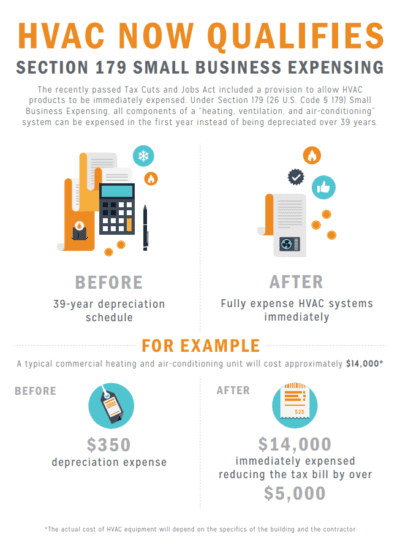The Future Of Home Heating - Just How Heat Pump Technology Is Evolving
The Future Of Home Heating - Just How Heat Pump Technology Is Evolving
Blog Article
Produced By-David Kaae
Heatpump will be a crucial modern technology for decarbonising heating. In a scenario constant with federal governments' introduced energy and climate dedications, their global ability doubles by 2030, while their share in heating rises to one-quarter.
They work best in well-insulated homes and rely on electrical power, which can be provided from a renewable power grid. Technological advancements are making them extra effective, smarter and cheaper.
Fuel Cells
Heat pumps make use of a compressor, cooling agent, coils and fans to move the air and warmth in homes and home appliances. They can be powered by solar power or electricity from the grid. They have actually been acquiring appeal because of their affordable, peaceful procedure and the ability to generate electricity during peak power need.
Some firms, like IdaTech and BG MicroGen, are dealing with fuel cells for home heating. These microgenerators can replace a gas central heating boiler and create a few of a home's electric needs with a connection to the electrical power grid for the rest.
Yet there are factors to be hesitant of using hydrogen for home heating, Rosenow claims. It would certainly be expensive and inefficient compared to various other innovations, and it would certainly include in carbon discharges.
Smart and Connected Technologies
Smart home modern technology enables home owners to attach and control their devices remotely with making use of smartphone applications. For instance, smart thermostats can learn your home heating choices and instantly get used to maximize energy intake. Smart lights systems can be managed with voice commands and immediately switch off lights when you leave the area, minimizing power waste. And Read Significantly more can keep an eye on and handle your electric use, enabling you to identify and limit energy-hungry devices.
The tech-savvy family illustrated in Carina's interview is a good picture of exactly how owners reconfigure room heating methods in the light of brand-new wise home technologies. They count on the gadgets' automatic attributes to execute daily changes and concern them as a practical means of conducting their home heating practices. Thus, they see no reason to adjust their techniques even more in order to allow flexibility in their home power need, and treatments focusing on doing so might deal with resistance from these houses.
Electrical power
Considering that heating homes make up 13% people emissions, a button to cleaner choices can make a huge distinction. However the technology deals with obstacles: It's pricey and calls for extensive home restorations. And it's not constantly compatible with renewable resource sources, such as solar and wind.
Up until just recently, electric heat pumps were also pricey to take on gas models in many markets. However brand-new advancements in style and materials are making them more budget friendly. And better cool climate efficiency is allowing them to operate well also in subzero temperatures.
The following action in decarbonising heating might be using warm networks, which draw heat from a main source, such as a close-by river or sea inlet, and disperse it to a network of homes or buildings. That would decrease carbon discharges and allow families to make use of renewable energy, such as green electrical power from a grid supplied by renewables. This alternative would be less pricey than switching to hydrogen, a fossil fuel that needs new framework and would only minimize CO2 emissions by 5 percent if coupled with enhanced home insulation.
Renewable resource
As electrical energy prices go down, we're starting to see the exact same pattern in home heating that has actually driven electric cars and trucks right into the mainstream-- however at an even much faster pace. The strong climate situation for impressive homes has been pressed further by brand-new research.
Renewables make up a substantial share of contemporary heat consumption, yet have actually been given minimal plan interest worldwide compared to other end-use industries-- and even much less interest than power has. Partly, this mirrors a mix of consumer inertia, split motivations and, in lots of countries, subsidies for nonrenewable fuel sources.
New innovations could make the shift simpler. For discover this info here , heatpump can be made much more energy efficient by changing old R-22 refrigerants with brand-new ones that don't have the high GWPs of their precursors. Some specialists also envision area systems that draw heat from a nearby river or sea inlet, like a Norwegian arm. The warm water can then be used for heating & cooling in an area.